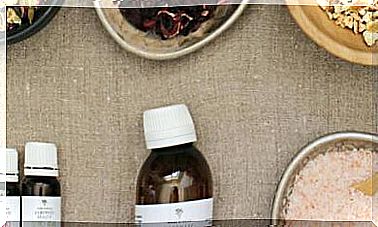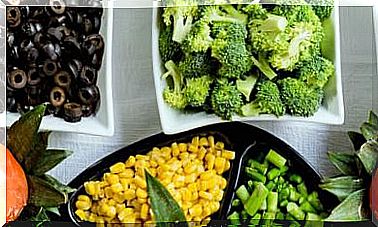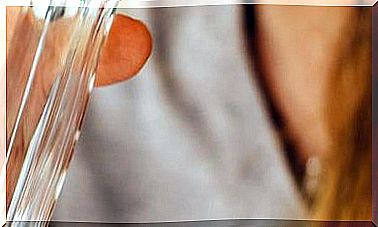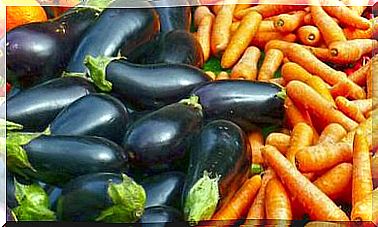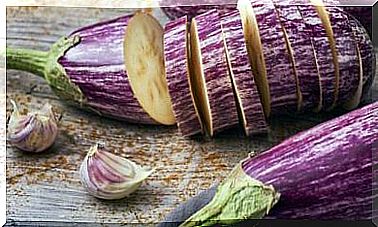How To Take More Iron Without Suffering Constipation
The form of iron, the time of day it is taken or the foods that accompany it can make it better tolerated and absorbed, and cause fewer side effects.
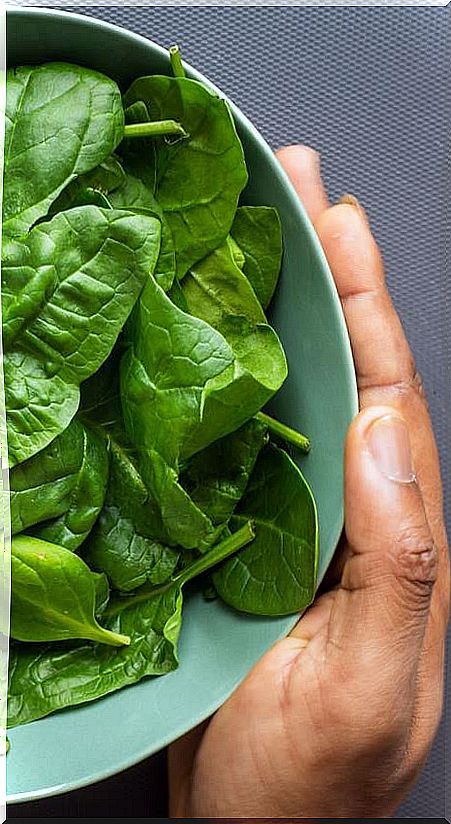
Iron is a mineral present in blood hemoglobin, a protein that carries oxygen from the lungs to tissues, and in myoglobin, another protein that carries and stores oxygen in muscles. It is essential for the synthesis of hormones, muscle metabolism, physical growth or the development of neurons, among many other functions. The deficiency is called anemia and the most common symptoms are tiredness, whitish mucous membranes, dizziness and shortness of breath.
This essential mineral must be obtained from food, where it is found in heme form (in foods of animal origin) or non-heme (in vegetables and supplements). Heme iron is absorbed more efficiently than “non-heme”, but its assimilation can be favored by consuming plant foods with sources of vitamin C. Some plant foods rich in iron are nuts, legumes and leafy vegetables green.
Supplements are recommended to certain people with iron deficiency – it typically occurs in pregnant women – but in this case, it must also be taken into account that there may be problems associated with taking it, such as constipation. Some diet tips and lifestyle habits can help lower the risk of side effects.
How to treat iron deficiency
According to the World Health Organization, in developed countries, iron deficiency anemia occurs more frequently in infants and preschool children (10%), adolescents (15%), women of childbearing age (20%) , pregnant women (40%) and the elderly (5%), becoming a real public health problem.
Good diet design is essential to prevent and treat iron deficiency anemia. But if blood levels are already low it may be necessary to take a supplement. This must be done under medical supervision, because excess iron is harmful and there are contraindications.
How to choose a supplement
The problem with many iron supplements is that they cause constipation, diarrhea, nausea, and other discomfort. The most frequently prescribed supplements are ferrous iron or ferric iron salts, which include ferric sulfate, ferrous gluconate, ferrous sulfate, and ferric citrate. In general, ferrous iron is better absorbed than ferric iron. Dr. Andrew Weil, an expert in natural and integrative medicine, advises choosing ferrous gluconate. You can discuss this option with your doctor.
In addition to taking the supplement as indicated by the package insert and the doctor, you can take measures to promote its absorption and the creation of reserves. Vitamin C enhances assimilation and calcium, casein from animal milk, fiber and tannins hinder it. Therefore:
- Take the iron supplement along with orange or kiwi juice. It is a good idea to have it for breakfast.
- Do not take it with a meal rich in whole grains, dairy or fiber, coffee or tea.
- Choose a quality supplement brand, preferably with a certification such as UL, USP, or NSF International.
Beware of contraindications and side effects
Whether iron comes from food or supplements, it can interact with certain medications:
- It can reduce the absorption of drugs used to treat Parkinson’s disease and decrease the effectiveness of levothyroxine, a common drug used to treat hypothyroidism, goiter, and thyroid cancer.
- Some medications, such as proton pump inhibitors, which are used to treat acid reflux or stomach ulcers, can reduce iron absorption by decreasing the secretion of gastric acid, which plays a key role in absorption. of iron
- Iron supplements that provide more than 20 mg per kg of body weight can cause nausea, constipation, abdominal pain , and vomiting. Therefore, it is recommended to take the supplement with a meal.
- Keep in mind that you should always consult a doctor before taking an iron supplement.
